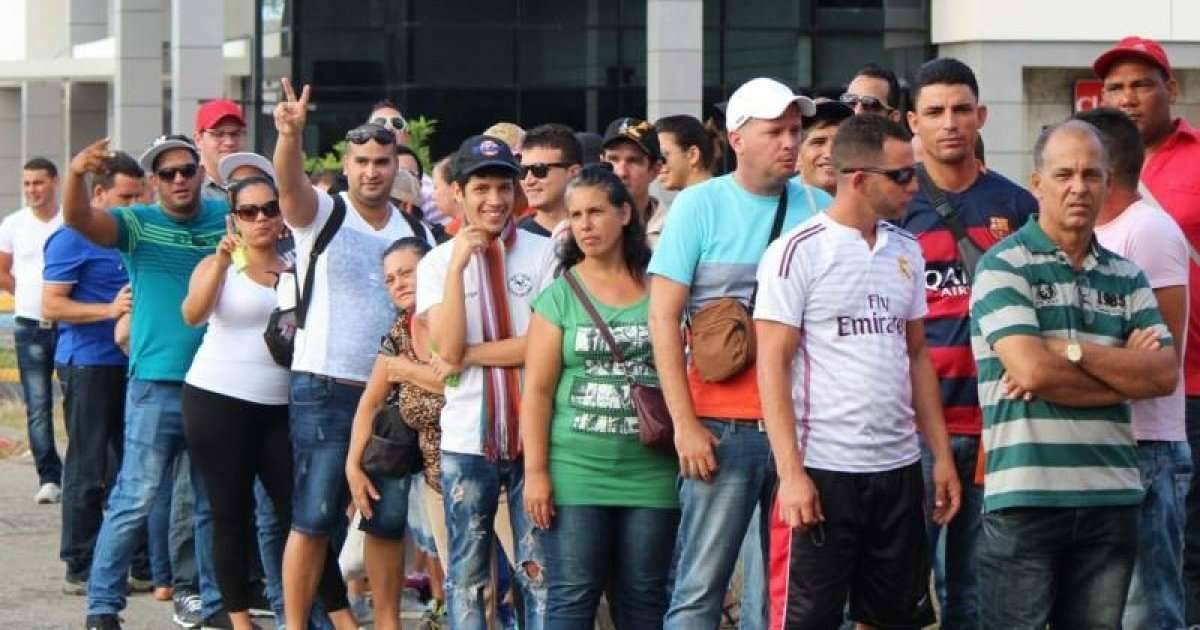
Around four thousand Cubans sought assistance from the Uruguayan government during the year 2023, according to data provided by the Ministry of Social Development (Mides) of the South American nation.
The Monitoring, Administration, and Resolution of Procedures System (SMART) of the Mides released information indicating a growing need for assistance among the migrant population on the island and other groups of foreigners.
According to the online website of El País, the ministry also assisted over 1,800 Venezuelans, a similar number of Argentinians, 1,300 Brazilians, and over 500 Colombians and Dominicans.
In general, 13,610 foreigners received citizen services last year, a figure higher than the previous year, when 13,290 cases were attended to; while 11,053 were recorded in 2021 and 10,530 in 2020.
The situation could be different in 2024, as the Uruguayan government signed a decree that will allow around five thousand Cubans to resolve their migratory status in the territory, a benefit that undocumented individuals have been requesting for months.
In this way, after several years demanding actions from the government to be granted residency, Cubans in that country and other immigrants finally have that option within reach.
The regulation was signed by the Ministry of Foreign Affairs and the Ministry of the Interior and will allow undocumented individuals to legalize their status through the "legal residency by roots", a legal status that benefits asylum seekers who did not meet the conditions to be granted refugee status.
This measure will benefit around 20,000 people who are currently staying irregularly in the country.
In the month of May, a Cuban provided details on how Uruguayan migrants live, many of whom have to share a rental with up to 13 people in a boarding house (as these rental houses are called there).
According to him, the place where he spends the night consists of a kitchen, two bathrooms, a washing machine, rooms without ventilation - he did not specify how many - and "cockroaches everywhere".
What do you think?
COMMENTFiled under: